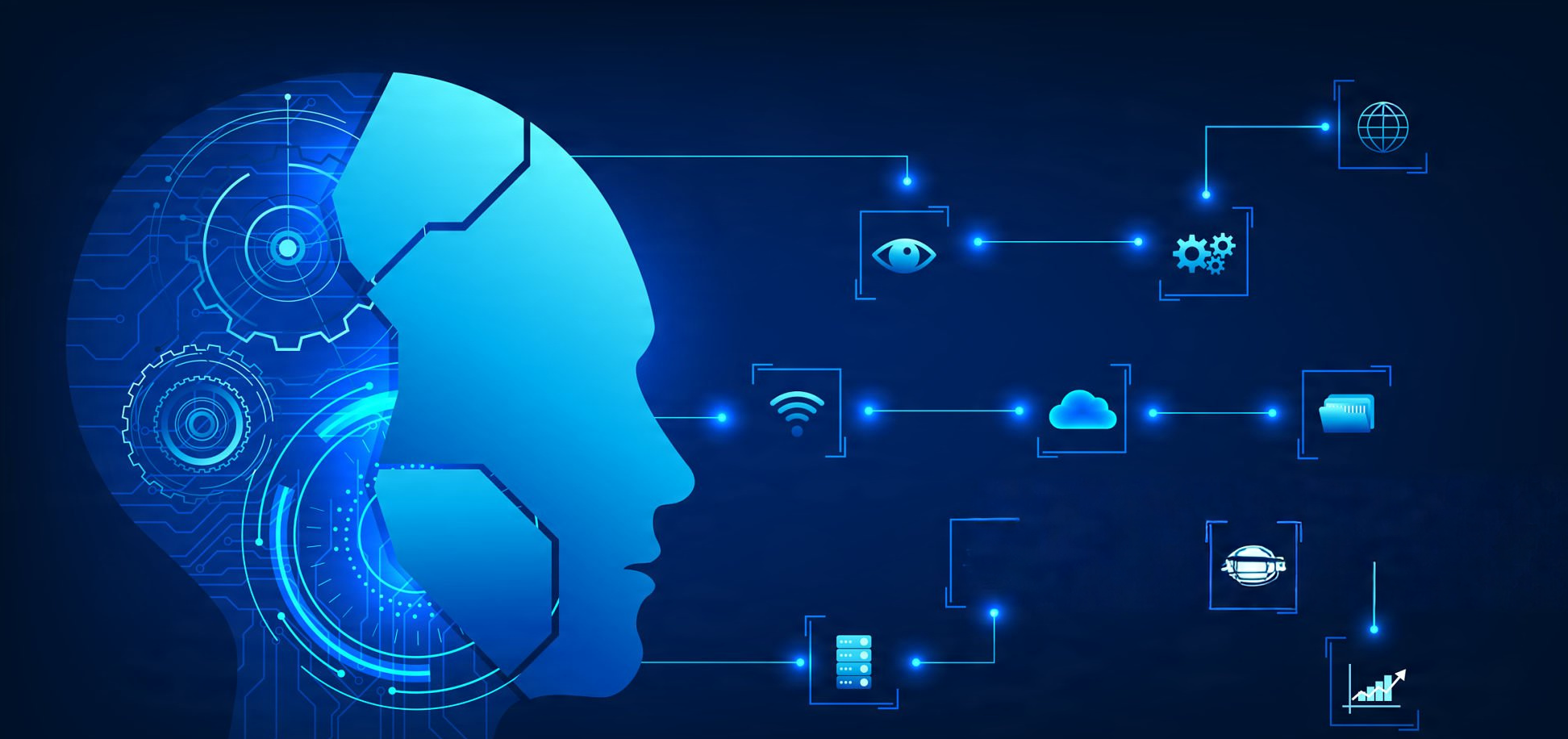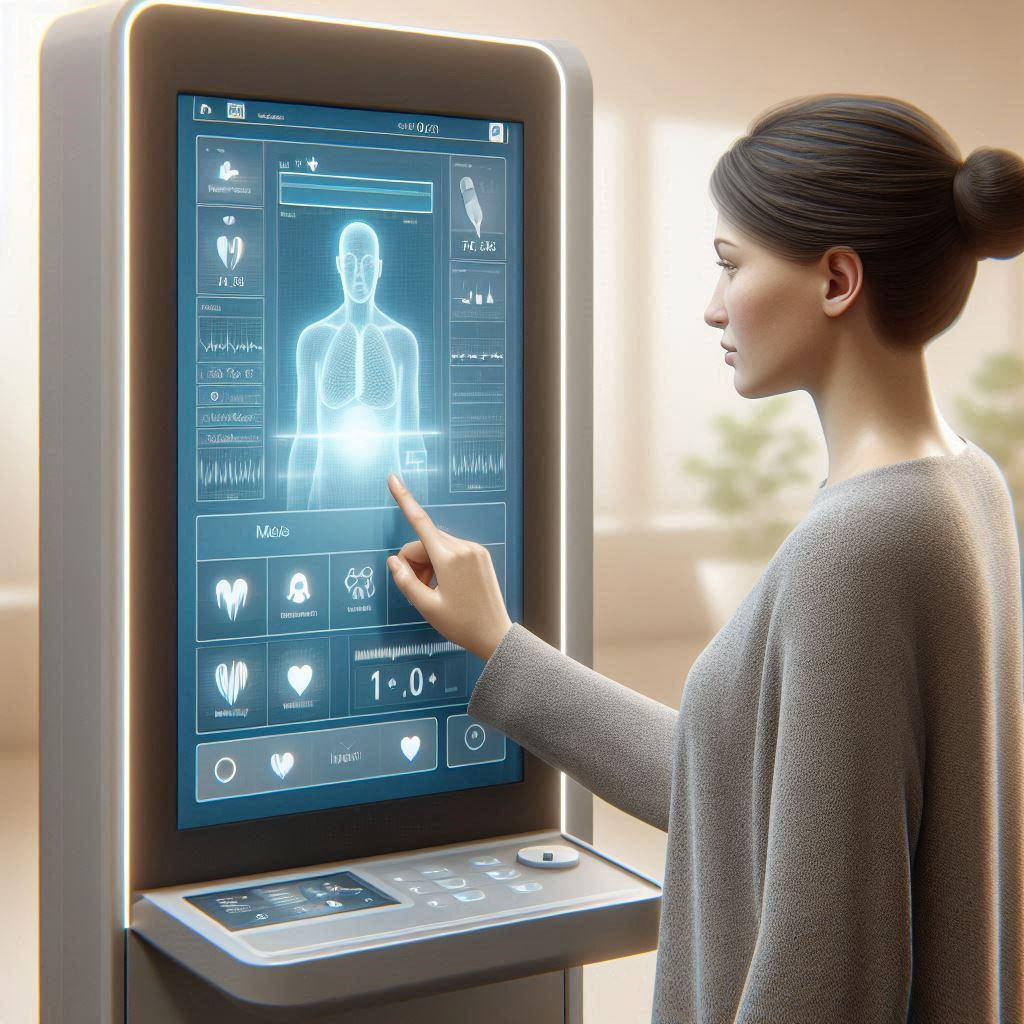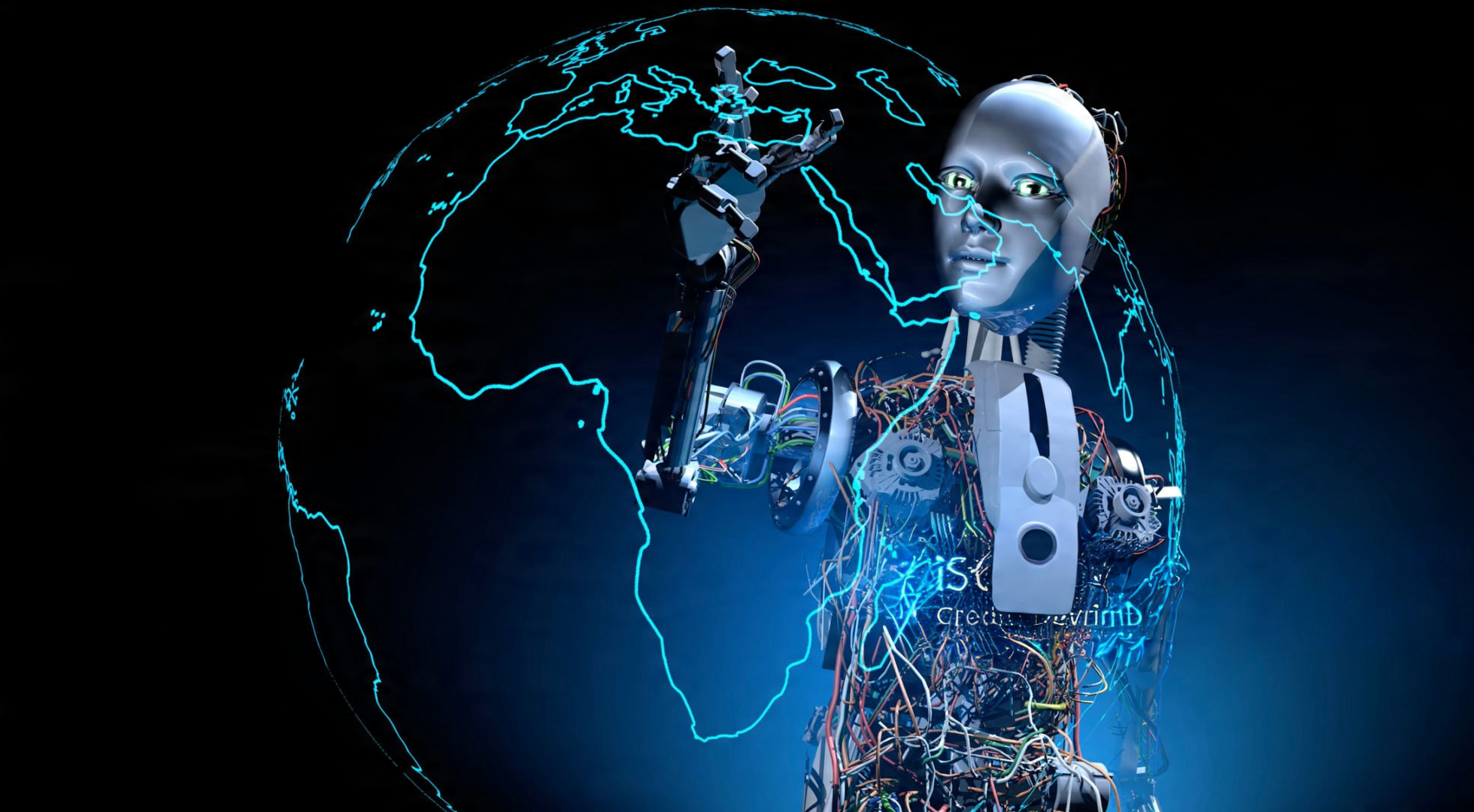As enterprises embrace increasingly complex AI-driven solutions, the demand for systems that are not only intelligent but collaborative and context-aware has surged. At Merwel Inc., our mission is to stay ahead of this evolution by delivering strategic, AI-powered transformations. One groundbreaking development reshaping this landscape is the Model Context Protocol (MCP) — a powerful new standard that addresses a persistent barrier in artificial intelligence: disconnected context in multi-agent systems.
The Multi-Agent Imperative
Traditional AI systems often rely on single-agent architectures — standalone intelligent entities performing narrow tasks. But real-world problems are rarely so simple. Whether it’s automating business processes, powering intelligent supply chains, or orchestrating smart city infrastructure, the solution increasingly lies in multi-agent systems: collections of AI agents working together to achieve goals.
Each agent might specialize in data analysis, natural language processing, logistics planning, or user interaction. However, coordinating them effectively has been a persistent challenge — especially when it comes to maintaining shared context. Without a unified understanding of tasks, history, and environmental cues, agent collaboration breaks down.
The Model Context Protocol: A Game-Changer
MCP solves this by providing a standardized, open protocol for managing context across agent interactions. Developed with extensibility, security, and interoperability in mind, MCP enables agents to retain and share contextual information, making collaboration coherent and scalable.
Key Components of MCP:
- Resources: External documents, structured data, or interaction histories that agents can access as needed.
- Tools: APIs and functions that agents can invoke in real-time (e.g., querying a database, calling a medical ontology).
- Prompts: Reusable guidance or instructions embedded into interactions to shape consistent behavior.
- Context Memory: Persistence of both short-term (working memory) and long-term (episodic/semantic) knowledge.
- Communication Layer: JSON-RPC based, enabling platform-agnostic integration.
With these components, agents can reason across interactions, build on each other’s work, and evolve their capabilities without losing sight of the bigger picture.
Real-World Enterprise Applications
At Merwel Inc., we envision MCP transforming AI operations across multiple industries:
- Healthcare
In a hospital AI assistant scenario, one agent may retrieve patient history while another analyzes current lab results. A third agent might interpret insurance constraints. MCP allows them to synchronize their findings, ensuring continuity of care and reduced errors.
- Education
AI tutors powered by multiple agents can personalize learning pathways, share insights across student sessions, and dynamically update lesson plans based on real-time performance — all managed via a shared context protocol.
- Public Sector
In government use cases, such as emergency response or social service delivery, MCP enables AI agents from different departments to coordinate efficiently. They can maintain a shared understanding of citizen needs, policies, and regulatory contexts.
Overcoming Context Challenges
The Model Concepts Protocol (MCP) tackles pervasive limitations in multi-agent AI systems by formalizing context management across dynamic, real-world environments. Below, we explore how MCP addresses four critical challenges, supported by concrete examples and empirical evidence:
- Discontinuous Memory: Bridging Session Gaps
Traditional agents often “reset” between interactions, losing critical context during handoffs (e.g., a customer service chatbot forgetting prior complaints when transferring to a human agent). MCP solves this by persisting memory in structured knowledge graphs, enabling agents to retrieve past interactions and adapt workflows dynamically.
Real-World Impact: A telecom company deploying MCP reduced customer service escalations by 37% by retaining context across chatbot-to-human handoffs. Agents resolved billing disputes 22% faster by accessing prior conversation summaries and user sentiment trends.
- Fragmented Context: Unifying Partial Information
Agents operating in silos (e.g., supply chain planners vs. warehouse robots) often make decisions with incomplete data. MCP standardizes context sharing through role-based access controls and federated learning, ensuring agents operate on harmonized, permissioned data.
Real-World Impact: In a healthcare trial, MCP-enabled AI systems reduced medication errors by 29% by integrating fragmented patient data (EHRs, lab results, IoT wearables) across departments. Radiologists and oncologists collaboratively diagnosed complex cases 40% faster using shared, context-aware dashboards.
- Modal Complexity: Cross-Modal Reasoning
Modern AI must process text, images, sensor streams, and APIs—modalities often handled separately. MCP embeds cross-modal alignment layers, allowing agents to fuse inputs (e.g., interpreting a customer’s frustrated tone in a voice call alongside their transaction history).
Real-World Impact: Autonomous delivery drones using MCP improved navigation accuracy by 53% in urban environments by correlating LiDAR maps, real-time weather APIs, and pedestrian speech cues (e.g., overhearing someone say, “Let’s cross here”).
- Prioritization Overload: Relevance-Guided Focus
Agents drown in noise when processing massive datasets. MCP’s metadata framework (e.g., timestamps, confidence scores, user intent tags) auto-prioritizes critical information. Adaptive summarization distills key insights, reducing cognitive load.
Real-World Impact: In a financial trading benchmark, MCP-equipped agents achieved 18% higher returns by filtering 83% of low-signal market news. During a cybersecurity stress test, MCP cut incident response time by 65% by surfacing high-risk network anomalies first.
Validation: Quantifying MCP’s Advantages
In evaluations, MCP-based systems outperformed traditional multi-agent setups in task completion, reasoning depth, and collaborative decision-making. In a 2023 Stanford study comparing MCP-based systems to traditional multi-agent architectures:
- Task Completion: MCP agents achieved 92% success in complex workflows (vs. 68% baseline), such as coordinating disaster response across drones and ground robots.
- Reasoning Depth: MCP systems generated 3.1× more causal explanations for decisions (measured by chain-of-thought metrics).
- Collaboration: Teams using MCP demonstrated 45% fewer conflicting actions in manufacturing simulations, with 50% faster consensus-building.
By anchoring its design in real-world interoperability and human-AI collaboration patterns, MCP isn’t just a theoretical framework—it’s a proven tool for building resilient, context-aware multi-agent systems. Enterprises adopting MCP report measurable gains in efficiency, accuracy, and adaptability, positioning it as a cornerstone of next-generation AI infrastructure.
MCP and the Future of Responsible AI
By standardizing context sharing, MCP enhances transparency, auditability, and safety in AI workflows. It enforces privacy-preserving architectures, role-based access control, and human oversight — aligning perfectly with Merwel Inc.’s commitment to ethical and responsible AI deployment.
MCP also empowers human-in-the-loop frameworks, where humans can audit, override, or guide decisions, creating hybrid intelligence systems that amplify trust and reduce risk.
Merwel’s Commitment to Innovation
At Merwel Inc., we see MCP not just as a technical upgrade but as a strategic enabler for our clients. We’re embedding MCP into our AI solutions to help clients:
- Accelerate digital transformation with modular, scalable intelligence
- Achieve collaborative automation across departments and platforms
- Embed enterprise memory into systems for compounding efficiency gains
Whether you’re a healthcare provider seeking better patient insight, a logistics firm needing coordinated route optimization, or a government planning smart infrastructure, MCP is the glue that turns isolated algorithms into intelligent networks.
Final Thoughts
The Model Context Protocol is a foundational leap in building collaborative AI. As Merwel Inc. continues to lead enterprise AI innovation, we are actively integrating MCP into our offerings — not just to power automation, but to shape a future where AI systems think together, not apart.
Let’s build that future — one context-aware agent at a time.




